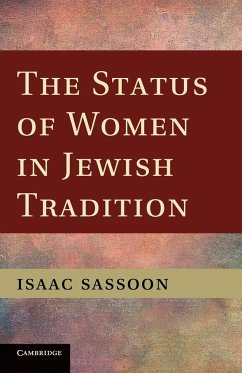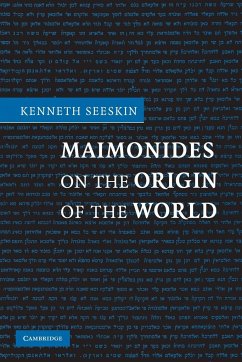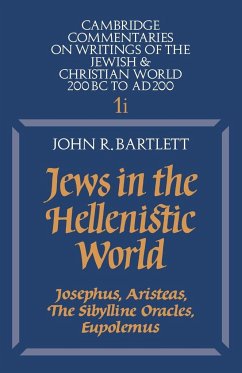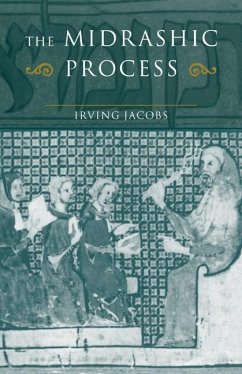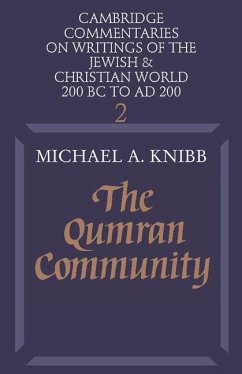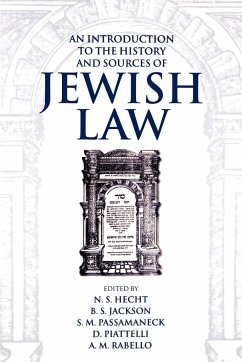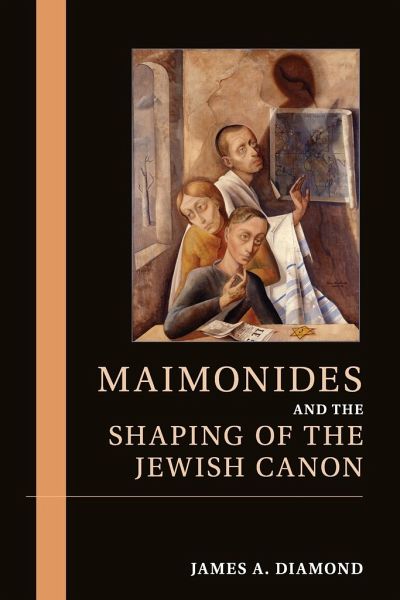
Maimonides and the Shaping of the Jewish Canon
Versandkostenfrei!
Versandfertig in 1-2 Wochen
43,99 €
inkl. MwSt.

PAYBACK Punkte
22 °P sammeln!
Jewish thought since the Middle Ages can be regarded as a sustained dialogue with Moses Maimonides, regardless of the different social, cultural, and intellectual environments in which it was conducted. Much of Jewish intellectual history can be viewed as a series of engagements with him, fueled by the kind of 'Jewish' rabbinic and esoteric writing Maimonides practiced. This book examines a wide range of theologians, philosophers, and exegetes who share a passionate engagement with Maimonides, assaulting, adopting, subverting, or adapting his philosophical and jurisprudential thought. This ong...
Jewish thought since the Middle Ages can be regarded as a sustained dialogue with Moses Maimonides, regardless of the different social, cultural, and intellectual environments in which it was conducted. Much of Jewish intellectual history can be viewed as a series of engagements with him, fueled by the kind of 'Jewish' rabbinic and esoteric writing Maimonides practiced. This book examines a wide range of theologians, philosophers, and exegetes who share a passionate engagement with Maimonides, assaulting, adopting, subverting, or adapting his philosophical and jurisprudential thought. This ongoing enterprise is critical to any appreciation of the broader scope of Jewish law, philosophy, biblical interpretation, and Kabbalah. Maimonides's legal, philosophical, and exegetical corpus became canonical in the sense that many subsequent Jewish thinkers were compelled to struggle with it in order to advance their own thought. As such, Maimonides joins fundamental Jewish canon alongside the Bible, the Talmud, and the Zohar.





